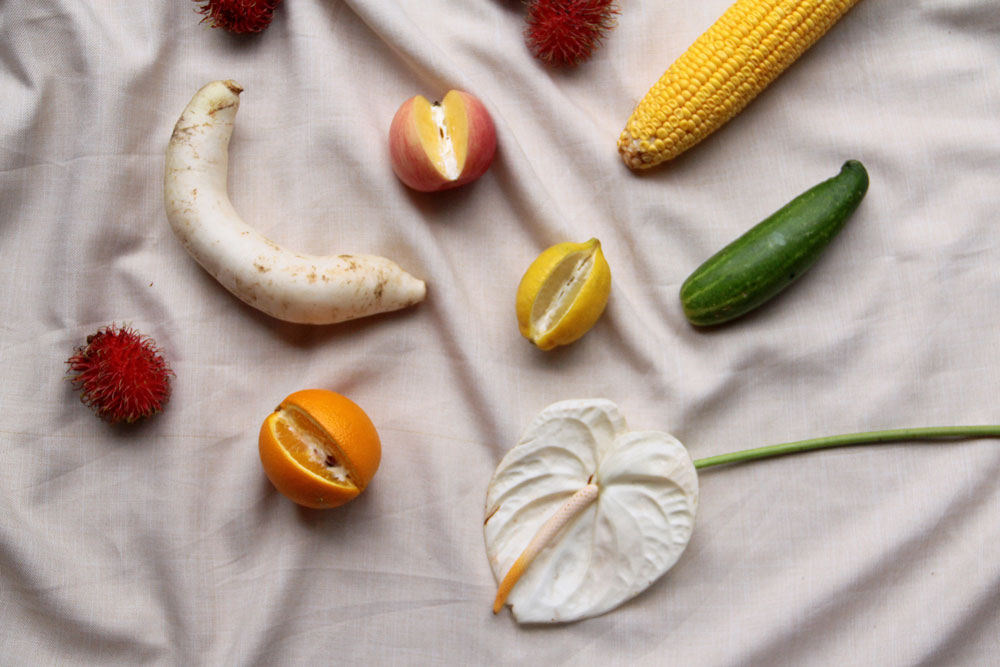Queer and polyamorous A conversation with Henna


Photo by Dainis Graveris on Unsplash
“Basically, we have sex for reasons other than procreation, and the human desire to experiment is far too great to limit ourselves to one sexual partner in our lives.”
- Christopher Ryan, Ph.D. and author of Sex at Dawn: How we Mate, Why we Stray, and What it Means for Modern Relationships
Are humans meant to be monogamous?
Ok wait, let’s backtrack.
Monogamy refers to a relationship with one partner, both sexually and emotionally. It is the current most popular choice in mainstream relationships. Anything outside is considered cheating. We as a society do not like infidelity.
And yet, in a survey, 70 percent of people have thought of straying and 40 percent have actually done it.
Which makes us ask, are we truly meant to be monogamous?
In the animal kingdom, monogamy is rare. Some human cultures around the world reject the idea too.
Although not quite a very popular choice amongst the masses, the practice of polyamory, where individuals have multiple loving and intimate relationships, simultaneously (with guidelines), makes us contemplate.
Which is why we spoke to Henna, a queer and polyamorous Indian.
It all started with learning about her sexuality–
“I think as a kid I kinda knew, but it would come and go in phases. And I guess because of conditioning and society’s strong mandate for gender binaries, I never really paid attention or explored that side of me,” she said, when asked about discovering her queerness.
“One time a couple years ago, an ex and I (we were dating then) were talking about experiences we’ve had or would like to have, and he asked me if I’d ever been with a woman before. And I think that’s when I really thought about it – I started to wonder why I’ve never actually considered pursuing a woman I felt attracted to,” she explained. “Shortly after we broke up, I went on my first date with a really sweet shy girl and it honestly felt like something just clicked into place,” she added.
So when did polyamory come into play?
“I started reading about polyamory just a while after, but again, I never really explored it as a viable relationship style for myself.” Atleast not yet.
It wasn’t until a series of toxic monogamous relationships ended that Henna got even closer to herself. “I took a pause.I learned self love, I learned to be complete within myself. I learned how to prioritize myself and my life. Polyamory kinda just happened to me. It wasn’t a decision. I had changed as an individual, my idea of love and attachments changed too and polyamory was just better suited to who I was as a person and what I believed in.”
So what is polyamory for Henna?
As a queer and polyamorous individual, Henna navigates freely through love and who she loves and when she loves. “Polyamory is liberation in love. It’s the freedom to express love towards people you feel for. It doesn’t confine you to a single person, it doesn’t burden you with the guilt of being attracted to someone outside of your partner.”
The way she explains it, is hard to argue with.
Infact, Elisabeth Sheff, Ph.D. and author of The Polyamorists Next Door: Inside Multiple-Partner Relationships and Families, says that monogamy is actually unnatural because it requires so many social constructs to exist. Unlike blinking and breathing, sticking to one partner is not necessarily a biological need, but a rule we created as a society.
Does this mean we should all be polyamorous?
Not necessarily.
The choices are ours and the possibilities are endless. According to an article published in the Medium, “Polyamory and monogamy both encompass relationship models and structures in infinite iterations.”
“Everyone is different. Their love languages are different, boundaries are different,” says Henna. “I think the best part has been learning to be whole and content by myself,” she adds.
The point is, relationship structures fall onto a spectrum. It’s not black and white for everyone.
While one might be the path for you, the other might not. What really matters is that you and your partner(s) are on the same page. And most importantly, either choice requires us to be more open about our needs and wants.
The simple acceptance of that might make some of our lives easier. Make love easier.
